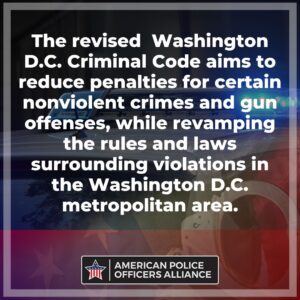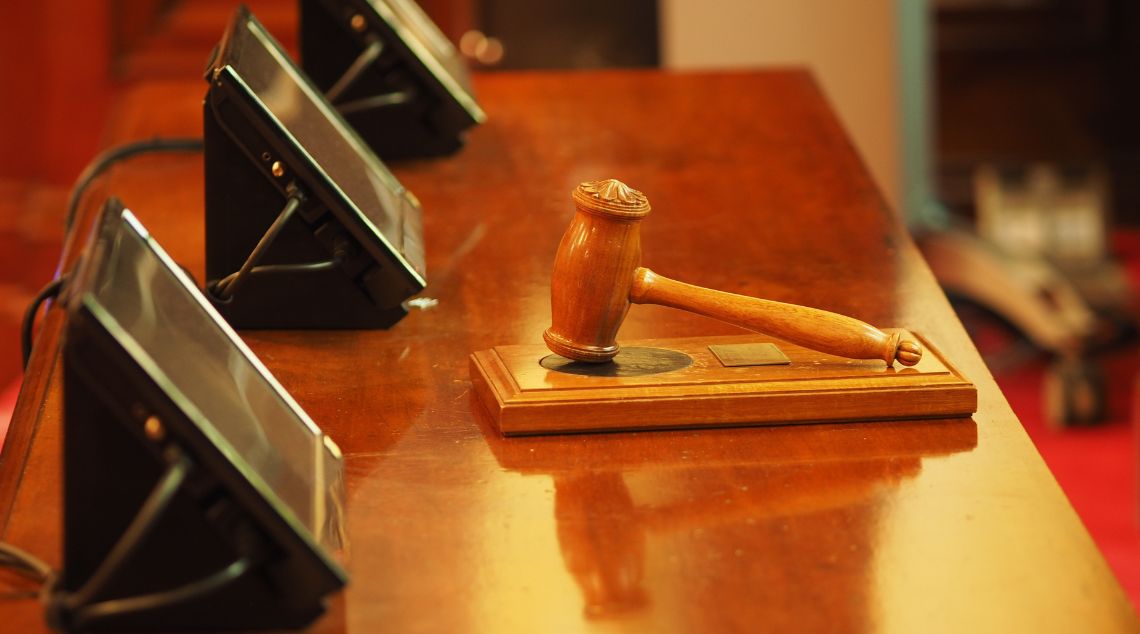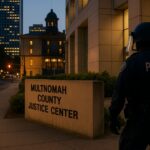The recent vote by the D.C. Council on the revised criminal code has sparked much discussion among law enforcement and the public. The revised criminal code aims to reduce penalties for certain nonviolent crimes and gun offenses, while revamping the rules and laws surrounding violations in the Washington D.C. metropolitan area. Councilmember Trayon White’s decision not to override the mayoral veto on the bill has been a source of controversy.
From a law enforcement perspective, the reduction of penalties for certain violent crimes, including gun offenses, is a concern. This could potentially lead to an increase in crime and pose a threat to public safety. Police officers have seen the devastating effects of gun violence in their communities and believe that strong laws are necessary to prevent such crimes from occurring.
Consequences of Changes to D.C. Criminal Code
The revamp of the rules and laws surrounding violations in the D.C. metropolitan area could also impact the ability of police officers to effectively enforce the law and maintain public safety. Changes to these laws and regulations could affect the way police officers perform their duties, and it’s important to consider the potential consequences of such changes.

Rehabilitation Programs Needed
While reducing penalties for certain crimes may seem like a step in the right direction, it’s also crucial to provide adequate resources and support for rehabilitation programs. This will ensure that nonviolent offenders have the necessary support to successfully reintegrate into society and avoid reoffending.
Police and Community Relations
The revised criminal code could also have an impact on the relationship between the police and the community. Trust between law enforcement and the public is essential for a safe and secure community, and changes to the criminal code could affect this trust. It’s important for law enforcement to work closely with community leaders and organizations to understand the concerns and perspectives of the public, and to ensure that the revised code takes these into account.
The revised criminal code raises important questions about public safety and the role of law enforcement. While reducing mass incarceration and providing more rehabilitation opportunities for nonviolent offenders is important, it’s also crucial to consider the impact these changes will have on public safety and the ability of police officers to effectively enforce the law.
A collaborative approach involving law enforcement, community leaders, and other stakeholders is necessary to ensure that the revised criminal code continues to promote public safety for all involved.
Illinois recently passed a new Illinois assault weapons ban called the Protect Illinois Communities Act. This law comes about 6 months after the devastating Highland Park shooting that occurred on the 4th of July during the communities parade. The new law bans so-called assault weapons and certain types of magazines.










